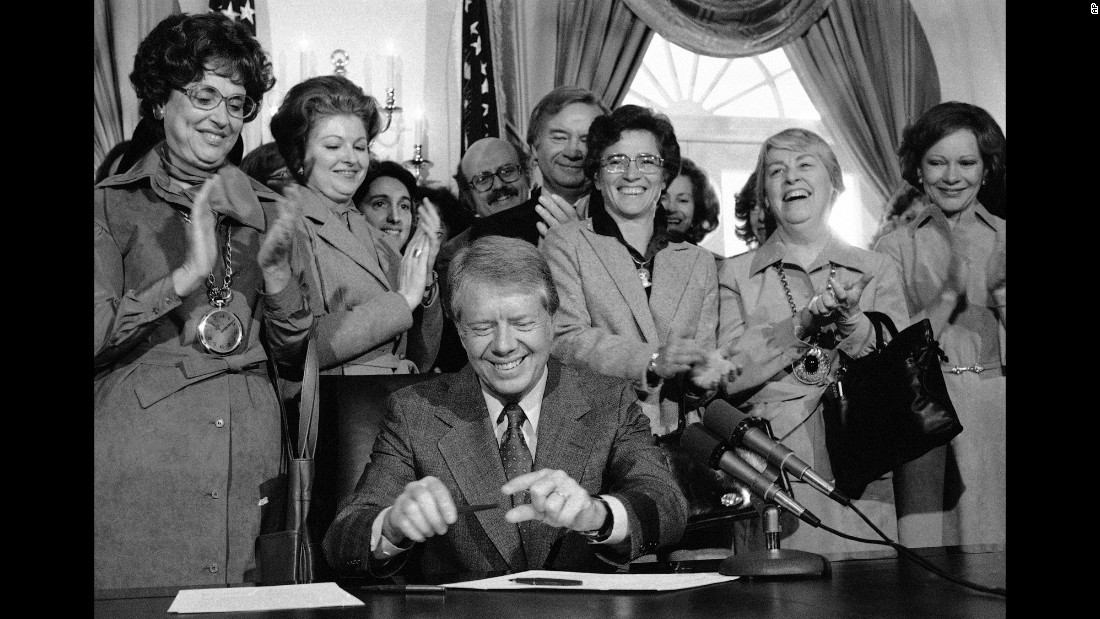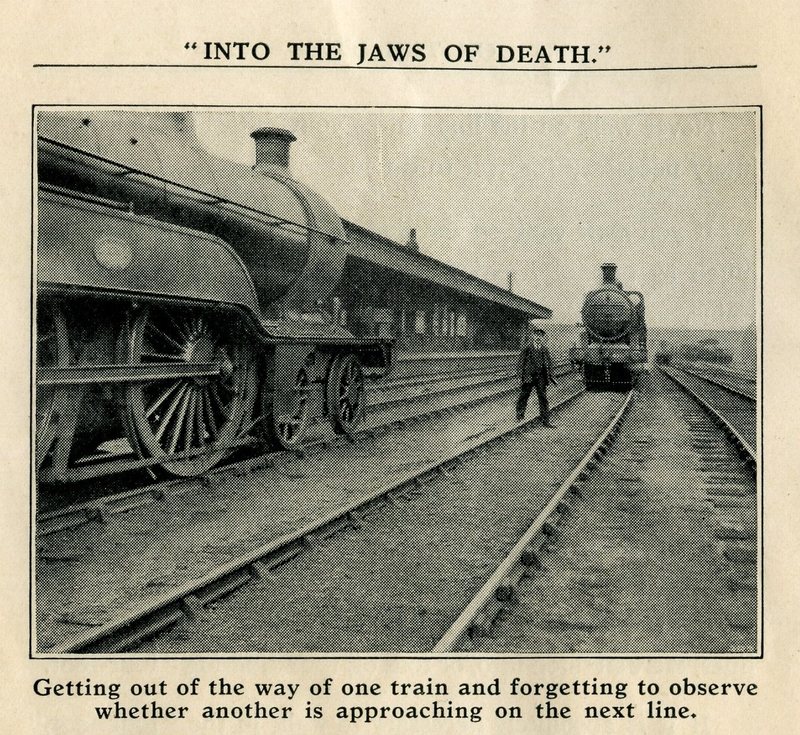
This Day in Labor History: November 2, 1909. The Industrial Workers of the World called a free speech strike in Spokane, Washington. Let's talk about this iconic moment and think about both the upside and problems with the IWW! 

The IWW was founded in 1905 to give power to the millions of industrial workers who lacked it in Gilded Age America.
With the American Federation of Labor unwilling to organize women, African-Americans, Asians, Latinos, farmworkers, children, or the giant industrial workplaces developing during the late 19th century, there was a tremendous vacuum for someone willing to organize the masses.
The IWW would step into that vacuum.
Conditions in northeastern Washington were as bad as the rest of the nation. This was farming and logging country and both industries relied on itinerant labor. Working and living conditions were terrible and pay was poor.
What really made workers angry was the employment agency scam. Companies and farmers would contract out with employment agencies, forcing workers to use them for a job.
Workers paid for this service. If a job wasn’t there when they arrived, no money back! Return to Spokane and try again. Same if the job just lasted a couple of days. This was rank exploitation of the poor.
These conditions made Spokane an early IWW organizing hotspot. By mid 1909, the city and surrounding region had up to 1500 dues-paying members and a nice headquarters. It expanded its presence through street speaking.
This is the literal meaning of “get on your soapbox” in action here. In angry speeches denouncing the exploitation workers faced, Wobbly speakers attempted to convince the workers passing through Spokane from job to job to fight back.
As 1909 went on, the Spokane police began cracking down against this. In March, the city council passed an ordinance banning public speaking to all “revolutionists.”
As arrests grew, the IWW moved toward a larger action. When local Wobbly leader Jim Thompson was arrested for speaking without a permit on October 25, the IWW demanded his release and threatened to send speakers from around the country to city and flood the jails.
Spokane called the IWW on its bluff and the IWW began its first major free speech fight on November 2. Spokane police began arresting everyone who tried to speak. Soon 400 people were in jail, overwhelming the prison system.
As the members cycled out of jail, often after a 30-day sentence, they got themselves rearrested. Conditions in the prisons were terrible. Overcrowded and cold, the prisoners were intentionally underfed and forced to take ice-cold outdoor showers in the winter.
This was not quite the first free speech fight, but it was the first to become a national story. Major radical speakers like Elizabeth Gurley Flynn arrived. Flynn was nineteen and pregnant. She was arrested as well, after chaining herself to a lamppost to avoid it.
When she was in prison, she had a story published in Industrial Worker that the Spokane police were using the prison as a brothel. The police went ballistic and attempted to confiscate all copies.
The intense resistance of the IWW surprised Spokane and overwhelmed its ability to deal with the crisis of its own making.
The IWW won a pretty complete victory in the free speech fight here. All the unconstitutional restrictions on their activities were taken away and the free speech prisoners freed. It could hold outdoor meetings without the police harassing them.
And during the strike, the employers gave up the contract labor system in order to take away part of workers’ reason to be angry. But the employers could have held out.
Most of the arrested strikers were out of town revolutionaries and the IWW leadership was having trouble finding more. The IWW actually approached the Spokane city government for a deal because it knew it would lose soon.
What I find fascinating about the IWW response to Spokane is how rapidly the conditions of work in Spokane disappeared from the pages of Industrial Worker, the most important IWW newspaper, once this struggle became about free speech.
Instead of the hellish lives experienced by the rank and file, the fight was about free speech, heightening the contradictions of capitalism by forcing mass arrests, and the potential for revolutionary change.
But the actual conditions of work became secondary, basically disappearing from Wobbly documents. That might make sense in the short term. But when the strike ended, Spokane itself faded from view.
The Wobblies moved on to the next big national struggle. The focus on conditions in Spokane that was common in the paper before the strike was completely gone after it was won.
Even after the strike was won, the conditions of labor were still terrible. But the IWW as a national organization really failed to build upon this victory.
It could have really doubled down in Spokane and started pushing further improvements to the lives of the loggers, agricultural workers, and urban workers (who were really the same people since people switched work in this economy all the time). But it did not.
The loggers would still remain active IWW members and northeastern Washington and northern Idaho the heart of Wobbly radicalism in the Northwest timber industry.
But it would take another decade, more strikes, and government intervention to solve the labor unrest caused by the terrible exploitation of the timber industry.
I don’t necessarily blame the IWW here for its failure to build on the free speech fights, a problem it would have throughout its history. Nor do I want to downplay the significance of the victory in Spokane. This was a young organization with the struggles that new groups have.
It was very good at certain things, such as throwing the hypocrisy of the capitalists back in their face, creating public displays, and promulgating powerful cultural images. It also managed to make strong connections some of the nation’s poorest workers.
It was not good at understanding how to build a long-term struggle, nor would it ever be. For many IWW leaders and intellectuals, ideas of revolution and struggle had more appeal than the day to day organizing needed to build long-term worker power.
For an organization so dedicated to the struggles of the nation’s poorest, a lot of its leaders and famous speakers could abstract the working class at the same time as providing material assistance to it at its hardest times.
I think the real relevance of this story today is in the tricky connections between free speech and long-term organizing. The commitment of American radicals to free speech as a principle has waxed and waned over time, but today, like in 1909, it’s high on the radical agenda.
This is despite what "cancel culture" idiots like Bret Stephens and Bari Weiss try to say, when they define free speech as "you are violating my constitutional rights by criticizing the dumb things I say."
Fighting for the spaces and rights for that speech against what can be a coercive state is a major demand, like a century ago. So I guess I see Occupy Wall Street and the IWW free speech fights as having certain similarities.
Demanding the soapbox is a vital principle, but it’s awfully hard to build on that to other issues that connect directly to everyday people’s lives. This went far to undermine Occupy and proved a barrier for the IWW as well.
The free speech fights were noble, but in the end they didn’t do a whole lot for empowering the rank and file to control their own lives.
Several years ago, I gave a paper based upon what I just wrote at LAWCHA, the big labor history conference. So many people were so mad! How dare I actually look at whether the IWW was EFFECTIVE and then critique when I decided it wasn't.
It's consistently amusing to me how many labor historians are more dedicated to being cheerleaders for radicalism than analysts of labor, past and present. Not all labor historians for sure, but way more than is healthy for the field.
Back Thursday for another of the legendary IWW fights in Washington--the Everett Massacre.
• • •
Missing some Tweet in this thread? You can try to
force a refresh







